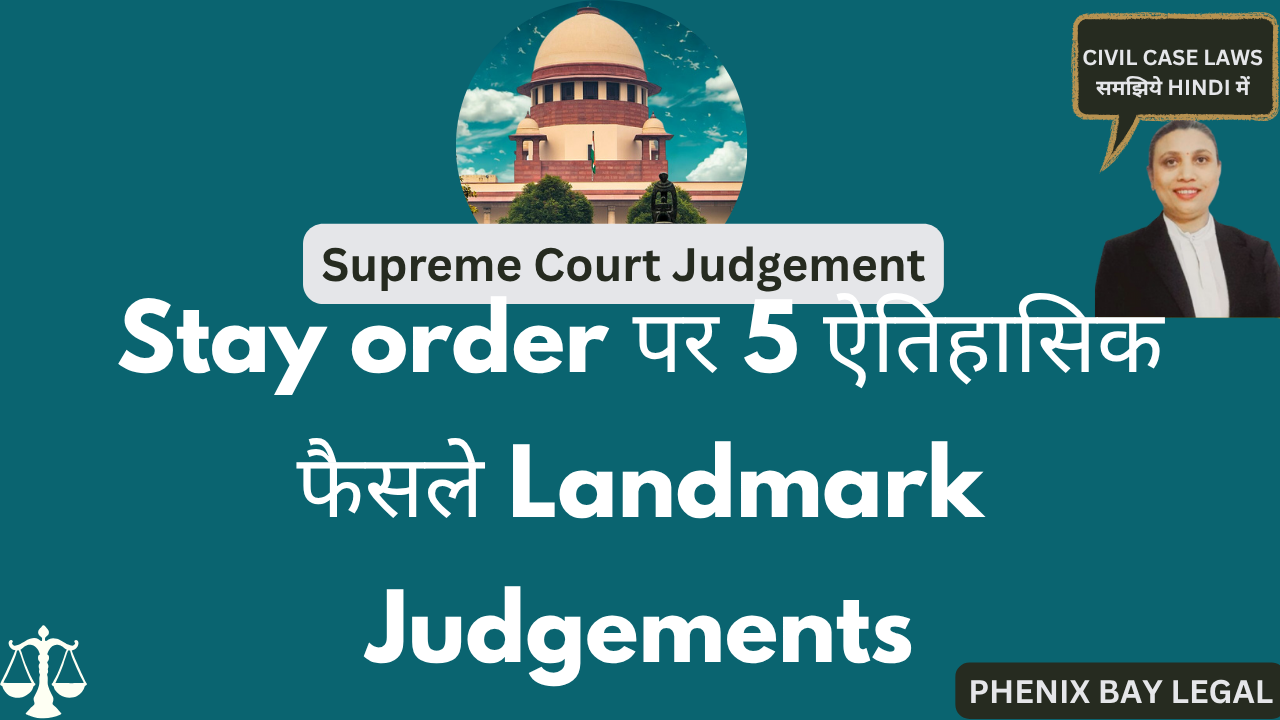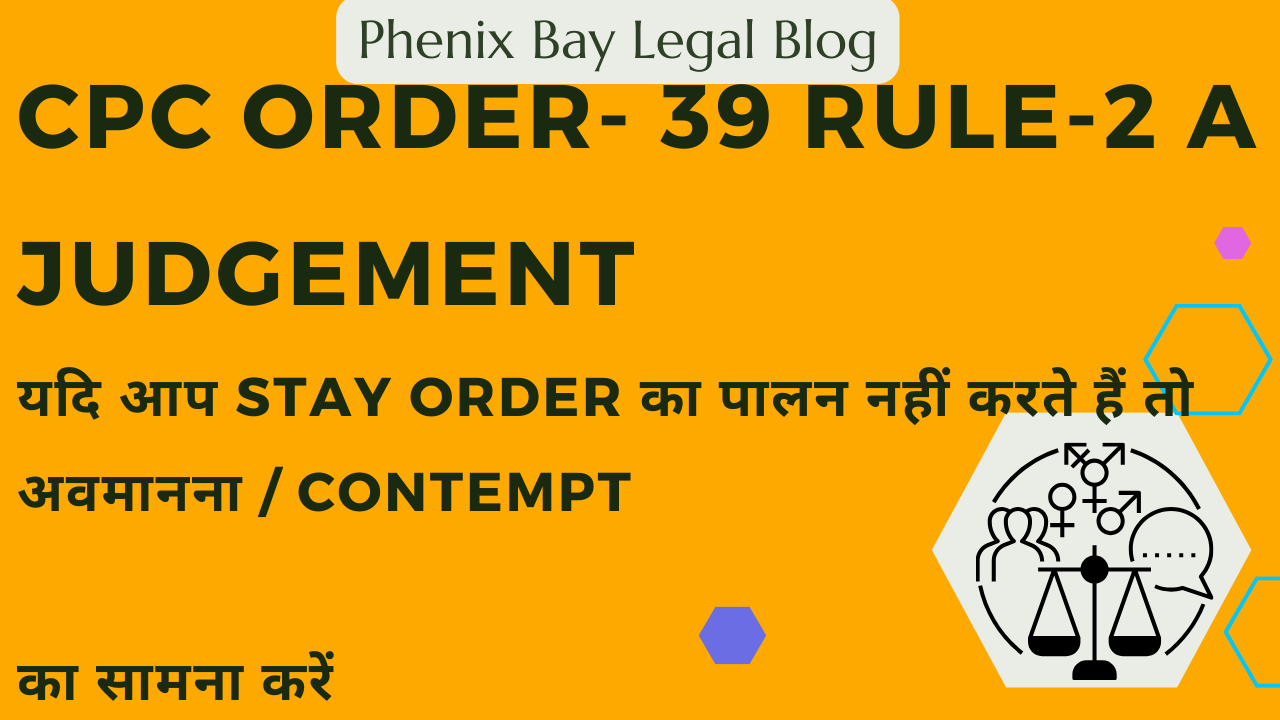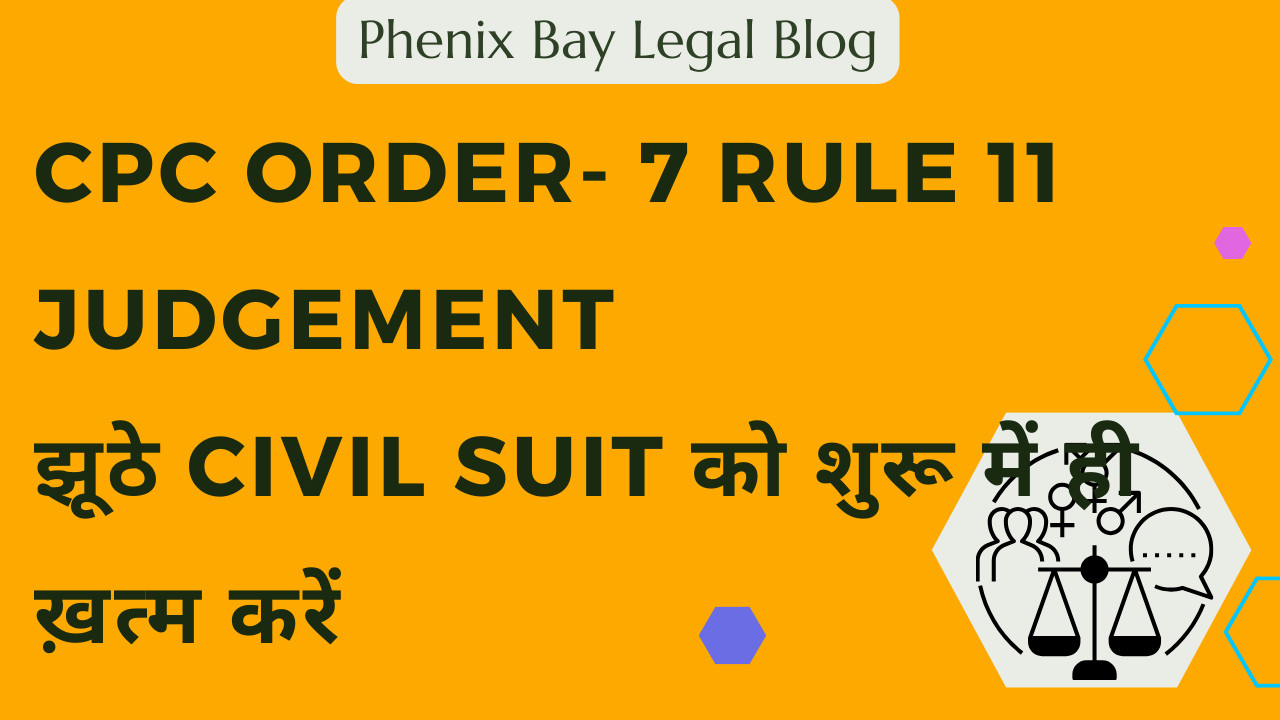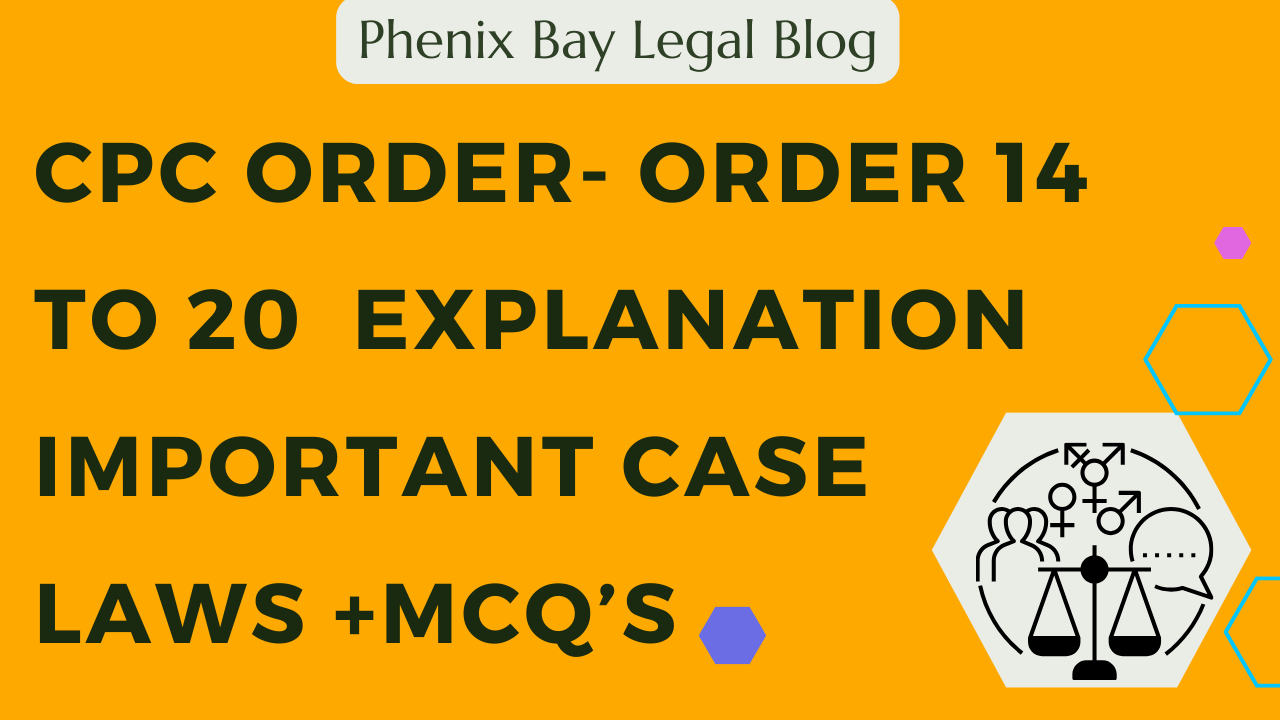
Rajat Gupta Affidavit and Why this case is Famous?
This blog discusses the significance of affidavits in matrimonial proceedings in India, using the Rajat Gupta vs Rupali Gupta case as an example. The case involved a divorce petition and the court ordered both parties to submit affidavits detailing the reasons for the breakdown of their marriage. The use of affidavits in this case helped to establish credibility, provide a written record of evidence, and streamline proceedings. The court emphasized the importance of clear and concise statements in affidavits, signing and attesting by a competent authority, and timely submission. Legal professionals should be well-versed in the drafting and use of affidavits to effectively represent their clients in court.
The Rajat Gupta vs Rupali Gupta case was a matrimonial case heard by the Delhi High Court in 2018. The case involved a divorce petition filed by Rajat Gupta against his wife Rupali Gupta on the grounds of cruelty and irretrievable breakdown of the marriage.
During the proceedings, both parties were ordered to submit affidavits detailing the reasons for the breakdown of their marriage and any other relevant facts and evidence. The affidavits were to be sworn on oath or affirmation and provided a written record of the evidence presented by the parties.
The use of affidavits in matrimonial proceedings is common practice in India. Affidavits are considered legal evidence and can be used in lieu of live testimony. This is important in matrimonial cases as they can help streamline proceedings and reduce the amount of time spent in court.
In the Rajat Gupta vs Rupali Gupta case, the use of affidavits was significant in establishing the credibility of the parties and providing a written record of the evidence presented. The affidavits were used in lieu of live testimony, which helped to streamline the proceedings and reduce the amount of time spent in court.
The Delhi High Court noted that affidavits in matrimonial cases should contain clear and concise statements of facts and evidence. The court emphasized that affidavits should not contain vague or ambiguous statements that could be interpreted in multiple ways.
Additionally, the court noted that affidavits should be signed and attested by a competent authority, such as a notary public. The court also emphasized the importance of submitting affidavits in a timely manner to ensure that the proceedings are not unduly delayed.
In conclusion, the Rajat Gupta vs Rupali Gupta case highlights the importance of affidavits in matrimonial proceedings in India. Affidavits are a critical component of the evidence presented in court and provide a written record of the facts and evidence presented by the parties. Legal professionals should ensure that they are well-versed in the use and drafting of affidavits to effectively represent their clients in court. The court has made it clear that affidavits are compulsory in matrimonial cases, and should be submitted in a clear and concise manner. By following these guidelines, legal professionals can help ensure that matrimonial proceedings are conducted smoothly and efficiently.
The Rajat Gupta affidavit format can be used in a matrimonial case by following these steps:
-
Download the ready-made editable format from a reliable legal website, such as Phenix Bay Legal.
-
Customize the format to include all the relevant information and details pertaining to your case. This may include personal and financial information, details of the marriage, grounds for divorce, and any other relevant details.
-
Ensure that all the information provided is accurate and true to the best of your knowledge, as the affidavit is a sworn statement made under oath.
-
Sign and swear the affidavit before a notary public or other authorized official who can administer oaths or affirmations.
-
Submit the affidavit to the court as per the court's instructions or requirements.
It is important to note that the use of the Rajat Gupta affidavit format is not mandatory in all matrimonial cases, but it may be required by the court in certain situations. It is important to consult with a qualified legal professional to determine the specific requirements and guidelines for submitting an affidavit in your case.
More >>

Jyoti Sharma vs. Vishnu Goyal & Anr. 2025 INSC 1099
This was a long running legal battle between a landlord and her tenants over a shop. The landlord, Jyoti Sharma, wanted her shop back for two main reasons: The tenants had stopped paying rent. She needed the shop to expand her family's business (her bonafide need).

Landmark Judgement on Injunction
In civil, commercial, or even family disputes. But when is a simple injunction suit enough? When do you need to add a declaration of title? And how do courts balance urgency vs evidence in interim relief?

Case Analysis: Stay Order Violation and Contempt of Court by Supreme Court of India
Giving an undertaking to the court is equivalent to an order of injunction—any violation invites contempt proceedings.Injunction orders remain valid until formally vacated by a court—violation before vacation can lead to punishment.

Order 7 Rule 11 of CPC Explanation in Land Mark Judgement
The Sopan Sukhdeo Sable judgment is a landmark ruling that reinforces Order 7 Rule 11 of CPC as a safeguard against frivolous and legally untenable claims. It highlights the importance of examining only the plaint’s contents to decide whether a suit should be dismissed at the threshold.

CPC Order- Order 14 to 20 Explanation IMPORTANT CASE LAWS +MCQ’S for Judiciary Exam Preparation
CPC Order- Order 14 to 20 Explanation IMPORTANT CASE LAWS +MCQ’S for Judiciary Exam Preparation

Supreme Court ImportanatJudgement - Landlord Tenant Bonafide need
This case involves a dispute over eviction of a tenant based on the bona fide need of the landlord. The Supreme Court ruled in favor of the landlord, reversing the High Court's decision. Below is a detailed breakdown of the judgment with relevant legal principles, precedents, and reasoning.